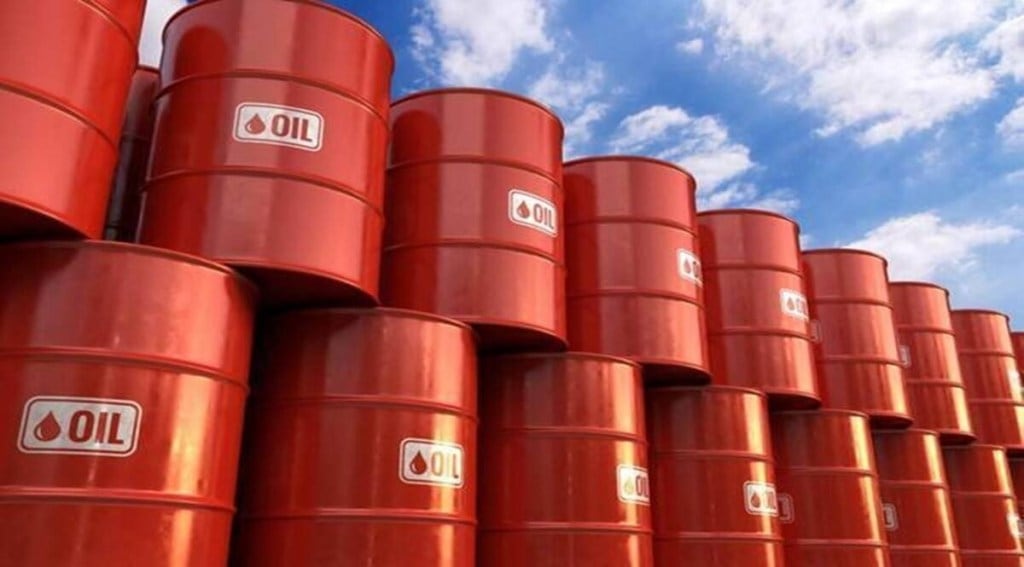With the war between Russia and Ukraine showing no signs of peaceful resolution and amid increasing chances of Europe reducing its energy imports from Russia, oil prices are expected to remain elevated or even rise further, analysts said. The impact could spill over to India, which is reliant on crude oil imports, and could cost the economy 1.7 per cent of GDP or $60 billion, according to a research note by Kotak Institutional Equities
European countries look elsewhere for their energy needs
European countries which rely heavily on Russia for their oil needs, could make a shift away from Russian energy resources, the brokerage said, adding that Germany has already outlined a plan to reduce Russian oil imports by 50% by June. Germany, which is one of the major energy importers from Russia alongside Netherlands and Poland, will also eliminate gas imports from Russia by the middle of 2024.
Collectively, the OECD Europe region procures nearly half of total Russian crude oil exports, three-fourth of Russian natural gas exports, and over nearly one-third of coal from Russia, the brokerage added.
“Elimination of a large portion of Russian oil and gas from global markets may exacerbate supply-demand imbalances. We expect ‘rebalancing’ to be achieved through demand destruction at higher energy prices rather than through other countries purchasing Russian oil and gas displaced from Europe,” Kotak said.
Impact of someone else’s war on India: Higher CAD, slow growth
India’s macroeconomic situation may deteriorate further if oil prices were to spike causing strong headwinds, the brokerage said. “An average crude price of US$120/bbl will cost the economy an incremental US$60 bn (1.7% of GDP) in FY2023 versus FY2022. High crude prices will pose stiff challenges in the form of (1) higher CAD/GDP, (2) higher inflation and (3) lower growth,” the brokerage added in a note published Sunday.
Crude oil price fell 5 per cent on Monday amid rising COVID-19 cases and US Federal Reserve’s expected policy tightening. It has retreated in recent days from the $139 a barrel mark, however, the prices are still hovering above $100 a barrel mark. Russia’s invasion of Ukraine has already reduced supply because of Western sanctions and customers avoiding buying Russian oil, but the market could tighten further with a potential EU ban on Russian crude, Reuters reported.

